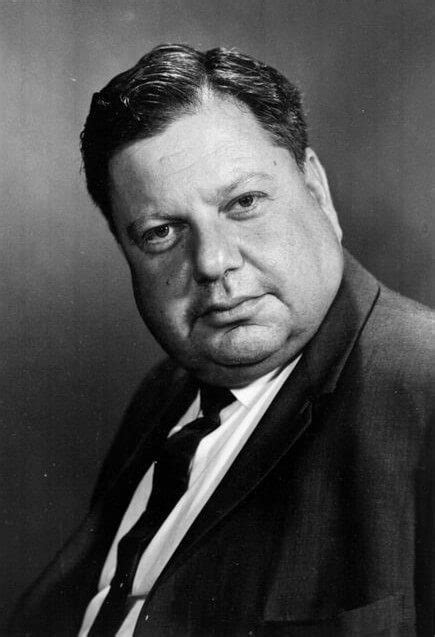A Quote by Rudolf Arnheim
When the thing observed... is seen as an agglomeration of pieces, the details lose their meaning and the whole becomes unrecognizable. This is often true of snapshots in which no pattern of salient shapes organizes the mass of vague and complex nuances.
Related Quotes
Complexity has and will maintain a strong fascination for many people. It is true that we live in a complex world and strive to solve inherently complex problems, which often do require complex mechanisms. However, this should not diminish our desire for elegant solutions, which convince by their clarity and effectiveness. Simple, elegant solutions are more effective, but they are harder to find than complex ones, and they require more time, which we too often believe to be unaffordable
The process of philosophizing, to my mind, consists mainly in passing from those obvious, vague, ambiguous things, that we feel quite sure of, to something precise, clear, definite, which by reflection and analysis we find is involved in the vague thing that we start from, and is, so to speak, the real truth of which that vague thing is a sort of shadow.
Businesses and other human endeavors are also systems. They, too, are bound by invisible fabrics of interrelated actions, which often take years to fully play out their effects on each other. Since we are part of that lacework ourselves, it's doubly hard to see the whole pattern of change. Instead we tend to focus on snapshots of isolated parts of the system, and wonder why our deepest problems never seem to get resolved.
So often, over the course of our day-to-days, we forget the details of what shapes us most in life. Sure, we'll pay through the nose to have our weddings videotaped, but can we say the same thing about the first time we discovered masturbation, or the moment we realized that the true nature of the opposite sex is to lie and humiliate (and I'm not just talking about women here)? Usually not.
Inside him, twenty years dissolved and mixed into one complex, swirling whole. Everything that had accumulated over the years-- all he had seen, all the words he has spoken, all the values he had held-- all of it coalesced into one solid, thick pillar in his heart, the core of which was spinning like a potter's wheel. Wordlessly, Tengo observed the scene, as if watching the destruction and rebirth of a planet.








































